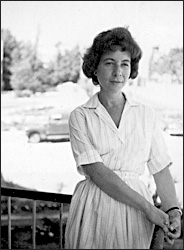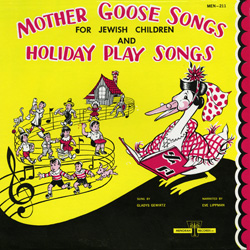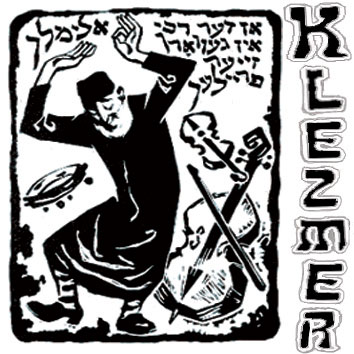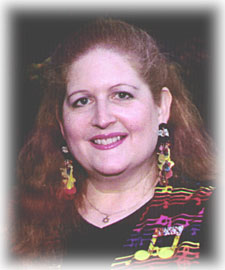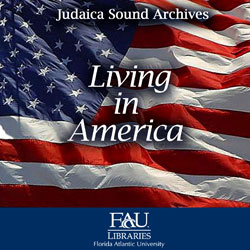 Now you can celebrate the 4th of July and your Jewish heritage at the same time.
Now you can celebrate the 4th of July and your Jewish heritage at the same time.
This new compilation of songs from the Judaica Sound Archives at Florida Atlantic University Libraries in Boca Raton, FL is about the American Jewish experience.
It contains Yiddish songs recorded during the early 20th century and expresses a Jewish immigrant perspective on New York, Coney Island and other things distinctly American.
You will also hear American patriotic songs sung by Jewish performers, Mike Burstyn singing about America in Hebrew and, from FAU’s Recorded Sound Archives Vintage 78s Collection, a very young Frank Sinatra singing “America the Beautiful.”
Click on the image above to hear this special compilation of songs from the JSA.
1. My America’s Free: Written byJerome Lipman and Irving Lewis. Sung by Molly Picon and Seymour Rechtzeit with the Abraham Ellstein Orchestra and Dave Tarras on clarinet. This upbeat tune lists some of the many things to love about America…..especially freedom!
2. Ich Dank dir Got fur America: Sung by Leibele Waldman.
3. America: Sung by Yiddish Theater star, Josef Feldman.
4. Yankee Doodle: This well-known Anglo-American song from the revolutionary War era is sung by Jewish singer/educator, Judy Caplan Ginsburgh.
5. I’m Going to Miami: Benny Bell tells a story of his trip to Miami Beach, Florida by train.
6. Hot Dogs and Knishes: Aaron Lebedeff sings this comic Yiddish song about Coney Island, NY.
7. Hurray far NY: This recording is from a 1967 recording of Pesach Burstein’s Yiddish Theater performance from “The Vilna Komiker.”
8. America Ich Lieb Dich (America I Love You): Sung by Yiddish Theater star, Gus Goldstein.
9. Ragtime Fiddle: Written by Irving Berlin and sung by Simon Paskal
10. Carry Me Back to Old Virginny: Originally a song sung by Confederate soldiers during the Civil War, it was recast in 1878 from the slave’s perspective. This 1916 recording by Jewish opera star, Alma Gluck, is said to have been the first operatic celebrity recording to ever sell a million copies.
11. Tell That to the Marines: Written during WWI, sung by Al Jolson.
12. God Bless the USA: This recordingis from the Judy Caplan Ginsburgh album, Musical America.
13. America America: Mike Burstyn’s tribute to the land of his birth sung in Hebrew.
14. America the Beautiful: This recording by a very young Frank Sinatra is from FAU’s Recorded Sound Archives Vintage 78rpm music collection.
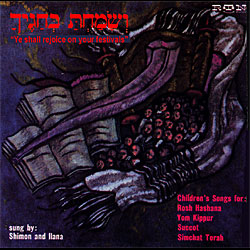 Celebrate the New Year with the Judaica Sound Archives. . . . .
Celebrate the New Year with the Judaica Sound Archives. . . . .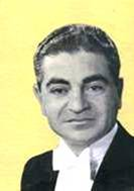
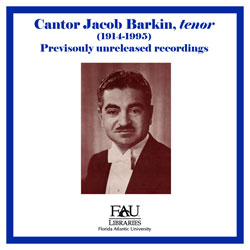
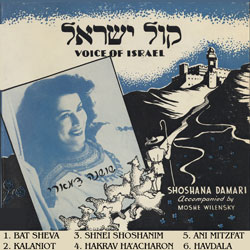

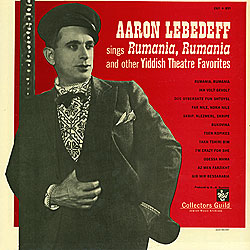

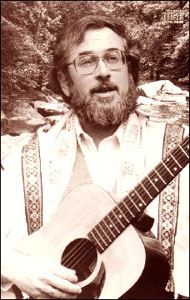 Rabbi/Cantor David Shneyer
Rabbi/Cantor David Shneyer
